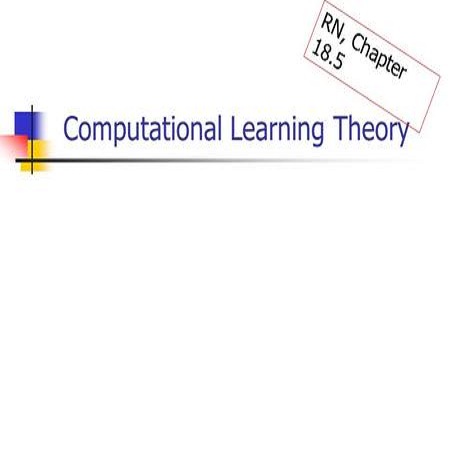Combinatorial optimization - a field of research addressing problems that feature strongly in a wealth of scientific and industrial contexts - has been identified as one of the core potential fields of applicability of quantum computers. It is still unclear, however, to what extent quantum algorithms can actually outperform classical algorithms for this type of problems. In this work, by resorting to computational learning theory and cryptographic notions, we prove that quantum computers feature a super-polynomial advantage over classical computers in approximating solutions to combinatorial optimization problems. Specifically, building on seminal work by Kearns and Valiant, we have identified special types of problems that are hard for classical computers to approximate. Despite this, we give a quantum algorithm such that an optimal solution can be efficiently approximated by quantum computers. The advantage for special instances of the so-called integer programming problem is shown to be super-polynomial. This result shows that quantum devices have the power to approximate combinatorial optimization solutions beyond the reach of classical efficient algorithms. Our results also give clear guidance on how to construct such advantage-bearing problem instances.
翻译:组合优化是一个研究领域,处理大量科学和工业环境中非常突出的问题,已被确定为量子计算机可适用性的核心潜在领域之一。然而,数量算法实际上能够在多大程度上优于这类问题的传统算法,这一点仍然不清楚。在这项工作中,我们借助计算学习理论和加密概念,证明量子计算机在接近组合优化问题的解决办法方面比古典计算机具有超极极极多的优势。具体地说,在Kearns和Valiant的开创性工作的基础上,我们确定了古典计算机难以估计的特殊问题类型。尽管如此,我们给出了量子算法,这样最优的解决方案可以被量子计算机有效地接近。所谓整数编程问题的特殊情况的优势被证明是超极多极化的。这一结果表明量子设备具有比古典高效算法还远的近似组合优化解决办法的力量。我们的结果也为如何构建这种优势问题实例提供了明确的指导。




